1. Fiske Guide to Colleges 2020, 36th Edition
“The best college guide you can buy.”-USA Today
Every college and university has a story, and no one tells those stories like former New York Times education editor Edward B. Fiske. That’s why, for more than 35 years, the Fiske Guide to Colleges has been the leading guide to 320+ four-year schools, including quotes from real students and information you won’t find on college websites. Fully updated and expanded every year, Fiske is the most authoritative source of information for college-bound students and their parents. Helpful, honest, and straightforward, the Fiske Guide to Colleges delivers an insider’s look at what it’s really like to be a student at the “best and most interesting” schools in the United States, plus Canada, Great Britain, and Ireland-so you can find the best fits for you.
In addition to detailed and candid stories on each school, you will find:
A self-quiz to help you understand what you are really looking for in a college
Lists of strong programs and popular majors at each college
“Overlap” listings to help you expand your options
Indexes that break down schools by state, price, and average debt
Exclusive academic, social, and quality-of-life ratings
All the basics, including financial aid stats, SAT/ACT scores, and acceptance rates
Plus a special section highlighting the public and private Best Buy schools-colleges that provide the best educational value
2. The Academic Writer: A Brief Guide
Pinpointing key processes of thinking, writing, and reading, Academic Writer provides you with the skills you need to write successfully in college no matter the discipline.
3. Active Voices The Language of College and Composition
Active Voices is written for today’s students, briefly presenting important concepts about functioning in the academy and particularly in the composition classroom. By articulating the specialized terminologies, processes, goals, and structures that guide a college education, students are invited into a world that can often be mysterious and frustrating. As David Bartholomae showed us years ago, students with little prior experience may end up inventing a university that does not match up with reality. Active Voices seeks to provide students the agency associated with that knowledge, preparing them to actively participate in their writing courses and beyond. And Active Voices is written for today’s instructors, who are knowledgeable and innovative in the ways they deliver their writing instruction.
4. Fiske Countdown to College: 41 To-Do Lists and a Plan for Every Year of High School, 2nd Edition
Unique, simple approach to the complicated college prep process, from the leading authority in college admissions.
Getting ready for college is a complicated and confusing process – how do you know when to take the SAT? When do you start applying to schools? What classes should you be taking to help prepare you for college-level work? Is there anything you should do before high school?
Fiske Countdown to College is a comprehensive collection of simple, easy-to-use checklists that spell out your road map for each year of high school and make preparation for college a breeze. There are 28 “to-do” lists for parents and students, ten “don’t” lists, three “top 10” lists, and two glossaries, divided by year, that walk you through high school to college. Quotes from students, parents, and counselors offer advice and support from people who’ve been through all of this before.
5. Motivation and Learning Strategies for College Success 5th Edition
Combining theory, research, and applications, this popular text guides college students on how to become self-regulated learners. Students gain knowledge about human motivation and learning as they improve their study skills. The focus is on relevant information and features to help students to identify the components of academic learning that contribute to high achievement, to master and practice effective learning and study strategies, and then to complete self-regulation studies that teach a process for improving their academic behavior. A framework organized around motivation, methods of learning, time management, control of the physical and social environment, and monitoring performance makes it easy for students to recognize what they need to do to become academically more successful. Pedagogical features include Exercises, Follow-Up Activities, Student Reflections, Chapter-end Reviews, Key Points, and a Glossary.
New in the Fifth Edition
Discussion of the importance of sleep in learning and memory
Revised and updated chapter on self-regulation of emotions
Current research on impact of students’ use of technology including digital learning platforms and tools, social media, and online learning
Updated Companion Website resources for students and instructors
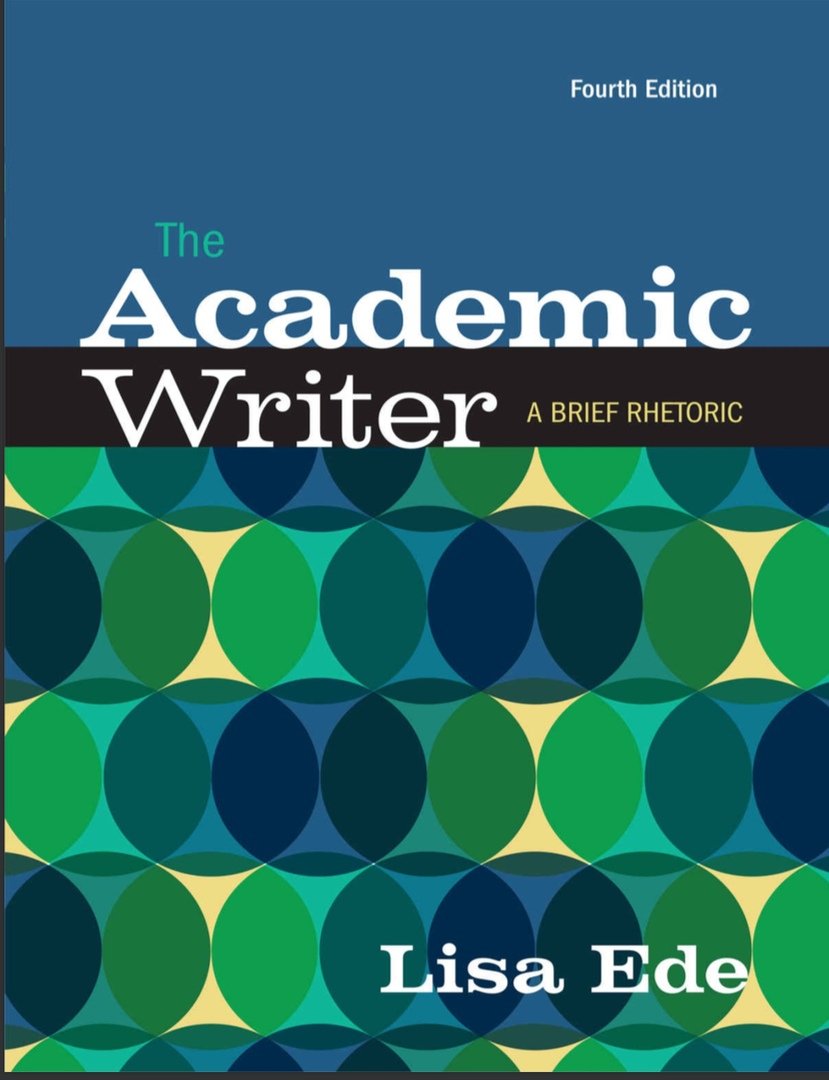 1 / 5
1 / 5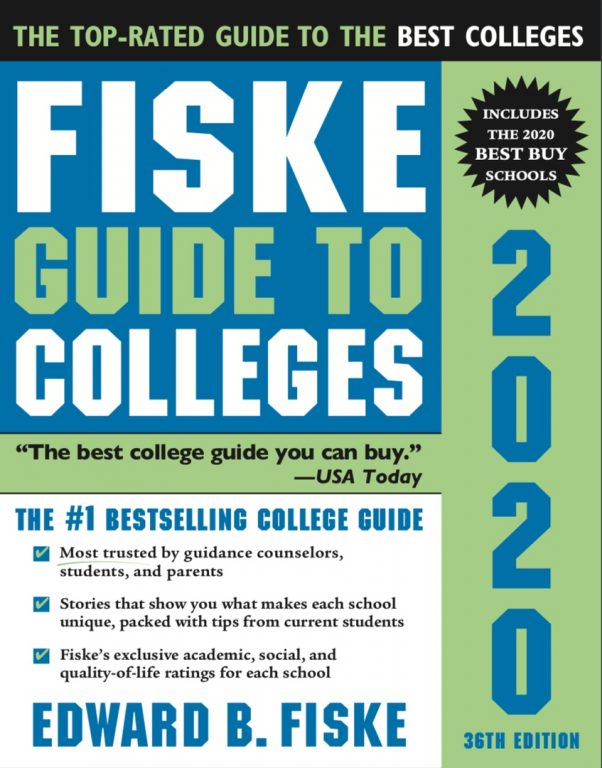 2 / 5
2 / 5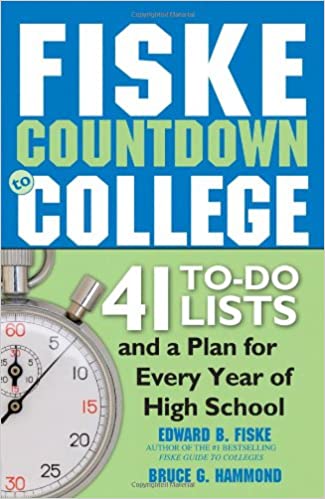 3 / 5
3 / 5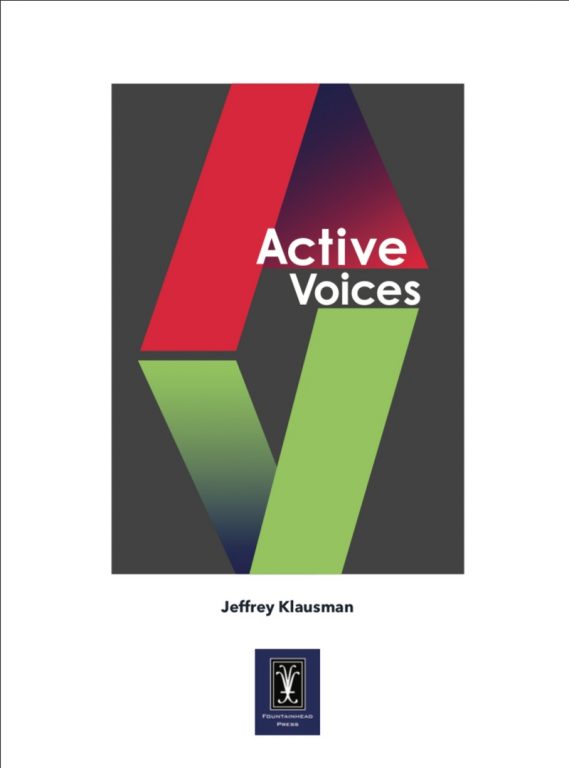 4 / 5
4 / 5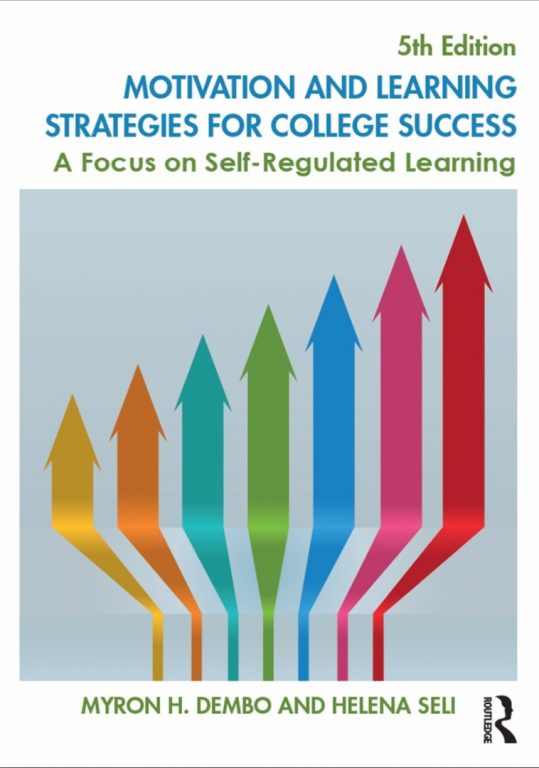 5 / 5
5 / 5